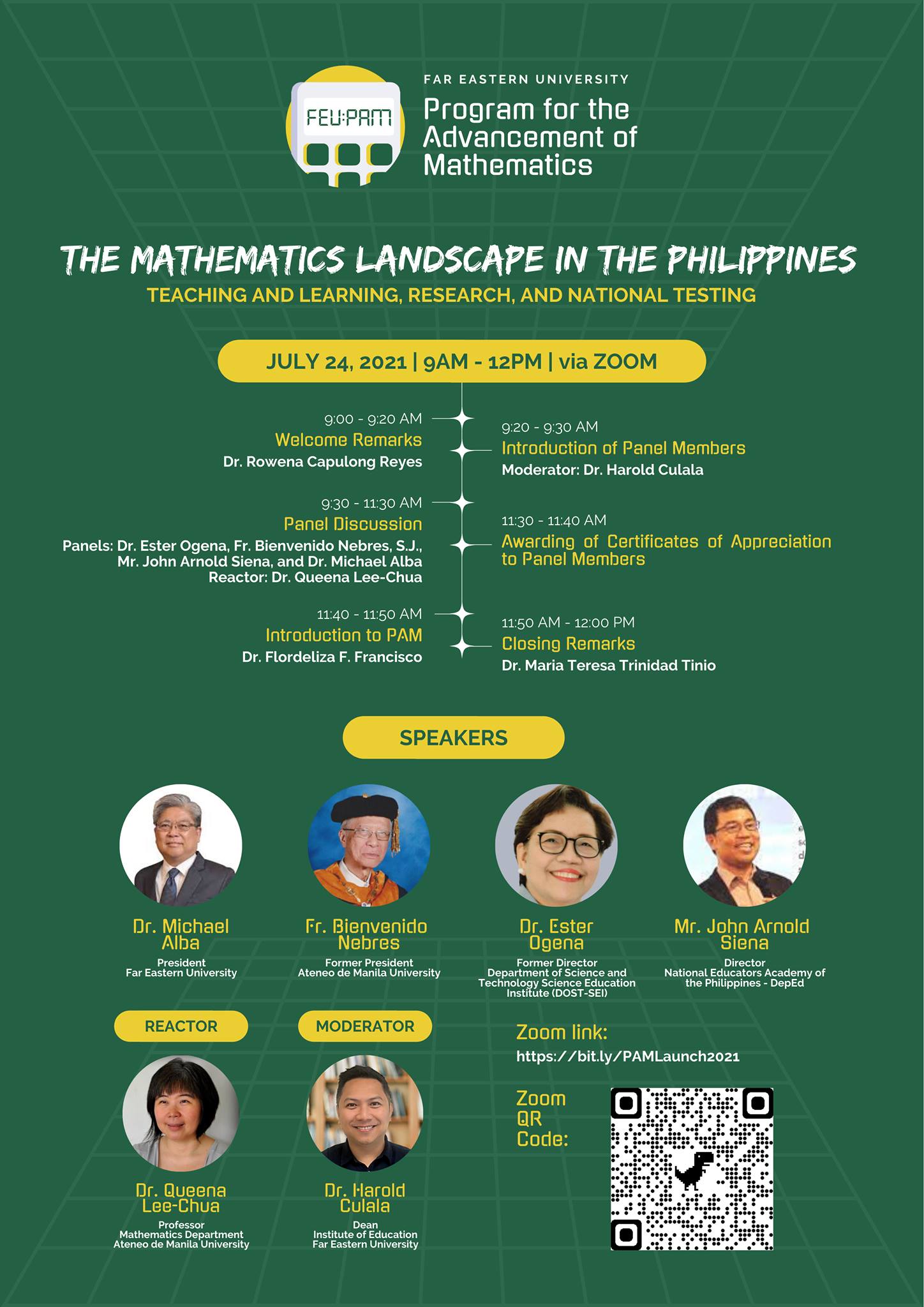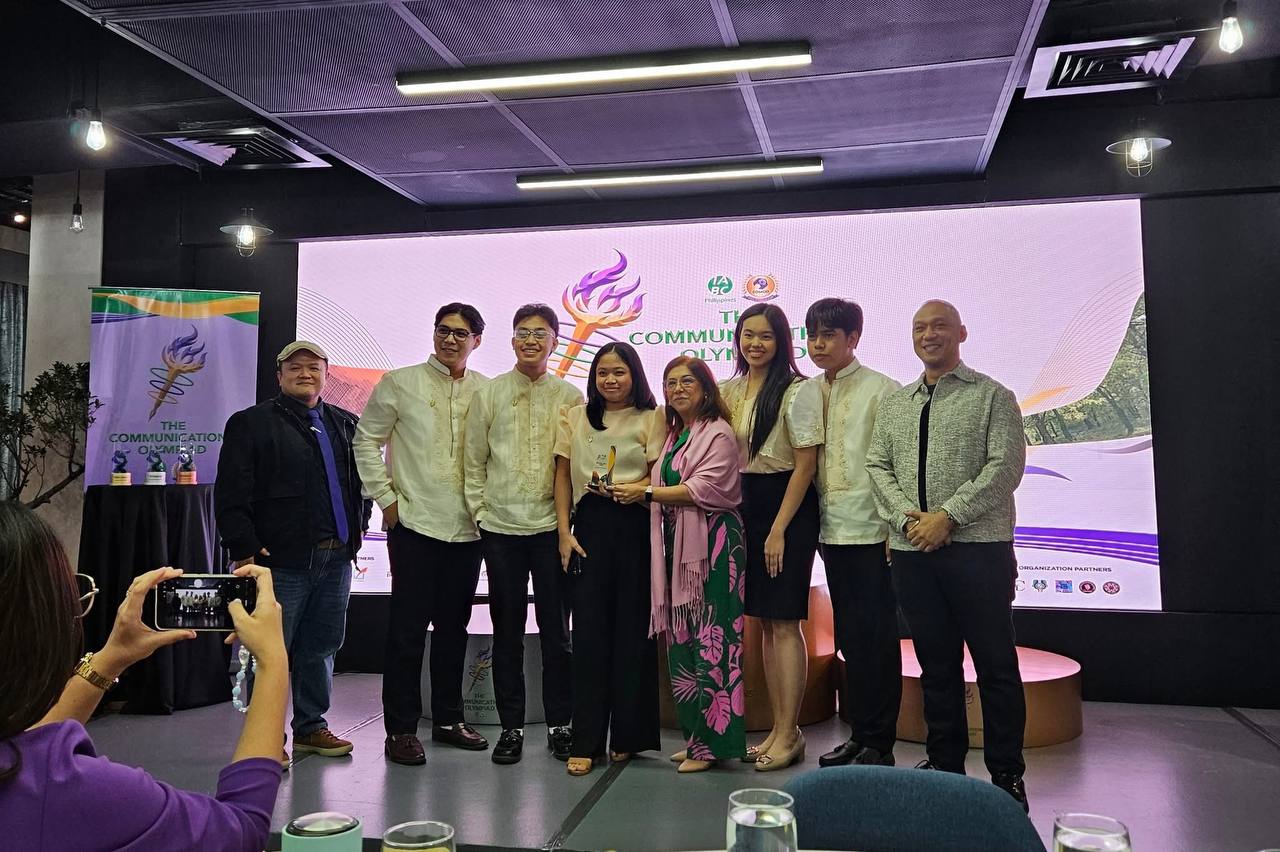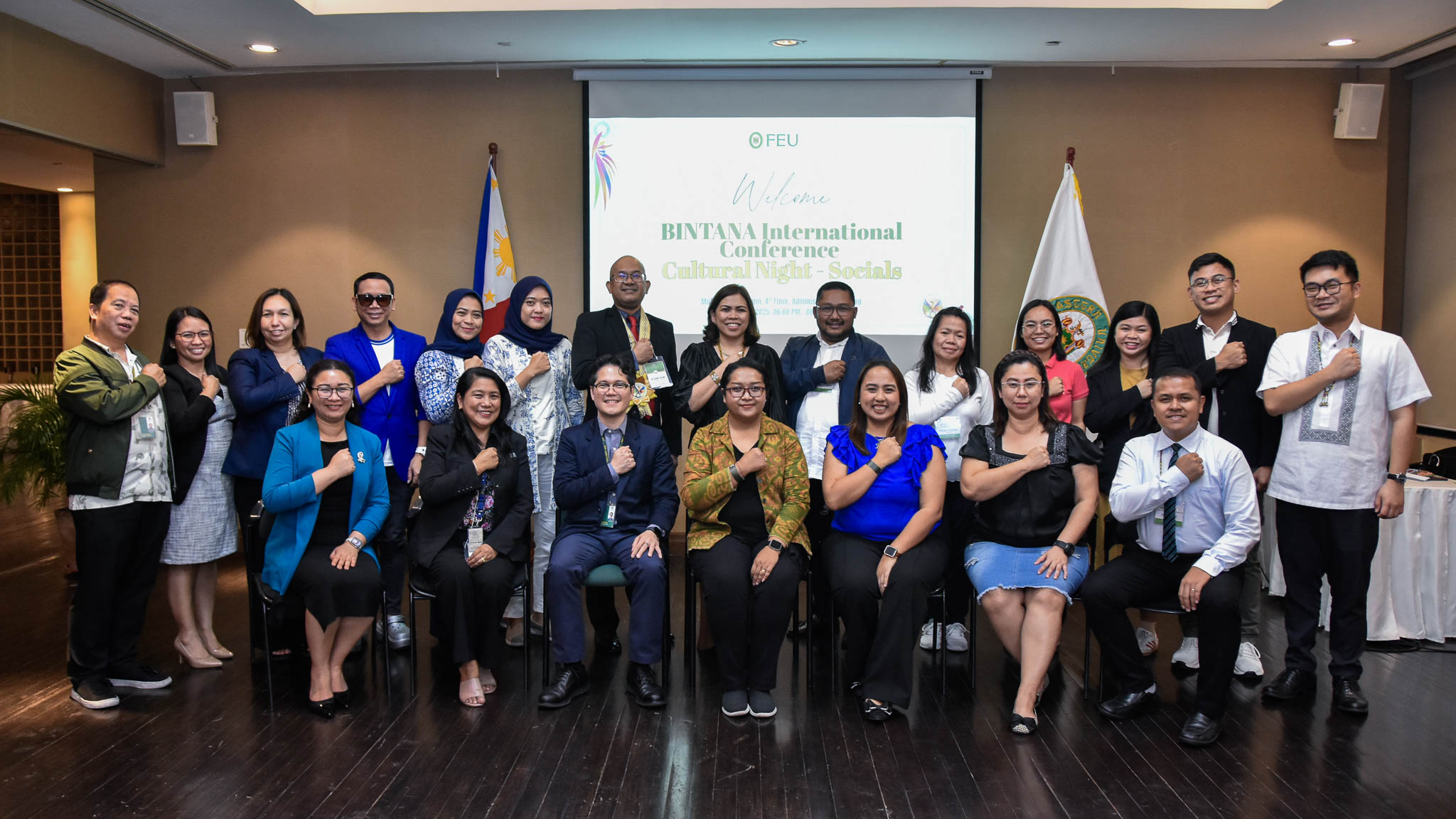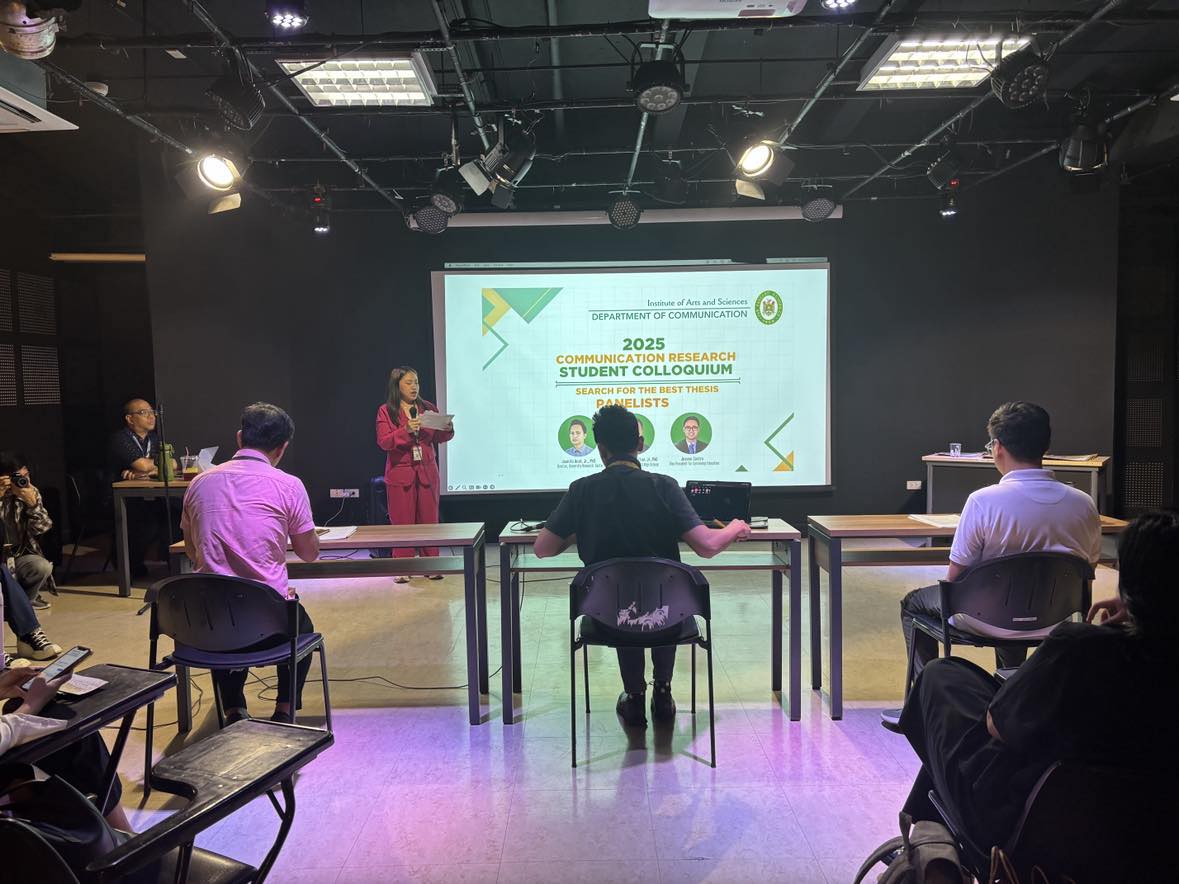Watch: https://youtu.be/li2IV1LjfzU
Far Eastern University has launched the Program for the Advancement in Mathematics (PAM) in response to the crisis in mathematics education in the Philippines. The country fared poorly in the Trends in International Mathematics and Science Study (TIMSS) December 2020 report as it had the lowest scores in Mathematics and Science among the 58 countries studied.
PAM aims to create a community of teachers and teacher educators who will focus on the continued development of mathematicians in the country through training, research, and service. Dr. Flordeliza Francisco said they have created programs such as Summer Seminars for Students (SSS), Teachers Workshop (TWo), and Competition or Olympiad for Problem Solving, for both students and teachers.
PAM is part of the Mathematics Department under the Institute of Arts and Sciences.
The launch happened during the “The Mathematics Landscape in the Philippines: Teaching and learning, Research, and National Testing” webinar held last July 24, 2021. The webinar was joined by Fr. Bienvenido Nebres, former President of the Ateneo De Manila University (ADMU), John Arnold Siena, Director of the National Educators Academy of the Philippines -DepEd, Dr. Queena Lee Chua, Mathematics Professor at ADMU, Dr. Ester B. Ogena, former Director of Science and Education Institute of the Department of Science and Technology and FEU President Dr. Michael M. Alba.
The absence of a culture for science and math has been key why the Philippines has lagged in international assessment tests compared with other countries, according to Ms. Ogena. “My former boss at DOST, Secretary Uriarte said, ‘it’s not a problem for music and arts because the Philippines has a culture for that…but we don’t have a culture for science and math and that’s why we need to work hard.’ And we really need to plan for it.”
She also suggested that scholarship opportunities should be made available for elementary students who shine in math and science competitions.
President Alba said politics has been key why Philippine education is in its current state. “My observation is that every DepEd Secretary that comes in, does not want to continue his predecessors’ programs because he/she wants to leave his/her own legacy.”




